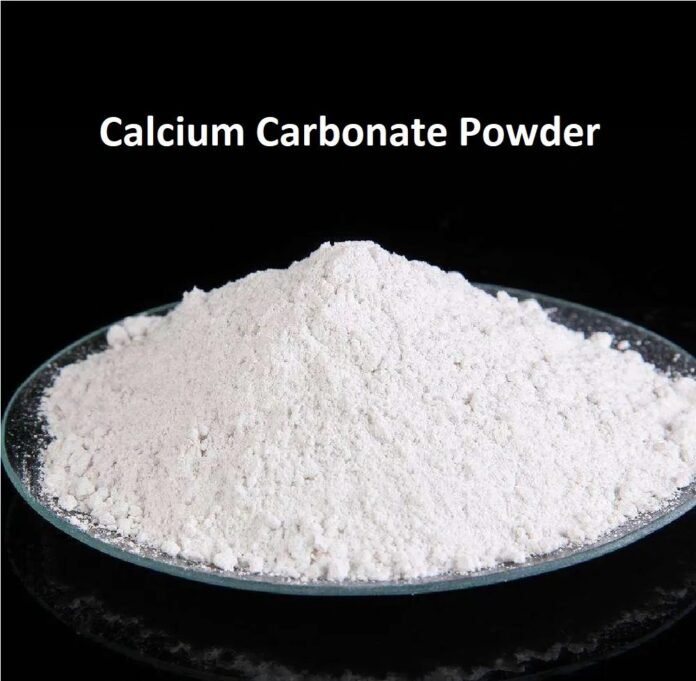Calcium carbonate is a versatile compound found naturally in rocks, particularly limestone. It is widely used in various industries due to its unique properties. This article explores how calcium carbonate is produced and the many applications it serves.
Production of Calcium Carbonate
Calcium carbonate is primarily produced through two methods: mining and chemical synthesis.
Mining
The most common method of obtaining calcium carbonate is through mining limestone. Large deposits of limestone are quarried, and the rock is crushed to produce a fine powder known as calcium carbonate powder. This powder can vary in purity depending on the source of the limestone. The crushed material is then screened and classified based on particle size, leading to products suitable for different applications.
Chemical Synthesis
In addition to mining, calcium carbonate can also be produced through a chemical process. One common method involves reacting calcium oxide (quicklime) with carbon dioxide. This reaction generates calcium carbonate, which can then be processed into a fine powder. This method allows manufacturers to create calcium carbonate with specific properties tailored to various industrial needs.
Uses of Calcium Carbonate
Calcium carbonate has a wide range of applications across different industries, making it one of the most important minerals used today.
Construction Industry
One of the most significant uses of calcium carbonate is in the construction industry. It serves as a key ingredient in cement and concrete, providing strength and stability to buildings and infrastructure. The addition of calcium carbonate helps improve the workability and durability of concrete mixtures.
Paper Industry
Calcium carbonate is also extensively used in the paper industry. It acts as a filler and coating pigment in paper production, enhancing brightness, opacity, and printability. The use of calcium carbonate powder in paper helps reduce costs and improve the quality of the final product.
Plastic and Rubber Industries
In the plastic and rubber industries, calcium carbonate is used as a filler to enhance the properties of materials. It helps improve the strength and stiffness of plastic products while also reducing production costs. Calcium carbonate powder is added to various plastic products, including packaging, containers, and automotive parts.
Food Industry
In the food industry, calcium carbonate is utilized as a food additive and a calcium supplement. It is commonly found in antacids and dietary supplements to provide essential calcium to the body. Moreover, calcium carbonate can be used as a natural colorant and stabilizer in various food products.
Pharmaceutical Industry
The pharmaceutical industry also relies on calcium carbonate for several applications. It is used as an inactive ingredient in many medications and supplements. Its neutral pH makes it an ideal compound for various formulations, providing a stable environment for active ingredients.
Agriculture
In agriculture, calcium carbonate plays a crucial role in soil management. It is used to improve soil pH and provide essential calcium nutrients to plants. Additionally, it helps in enhancing crop yields and improving overall soil quality, making it a valuable resource for farmers.
Environmental Applications
Calcium carbonate is utilized in environmental applications as well. It is used in water treatment processes to neutralize acidity and remove impurities. Furthermore, it serves as a filler in products designed to mitigate pollution and improve air quality.
Conclusion
Calcium carbonate is a widely used compound with diverse applications across numerous industries. Its production methods, whether through mining or chemical synthesis, ensure a consistent supply for various needs. As a critical ingredient in construction, paper, plastic, food, pharmaceuticals, and agriculture, calcium carbonate continues to play a vital role in modern society. The demand for high-quality calcium carbonate powder has led to the emergence of several manufacturers, particularly among calcium carbonate manufacturers in India, contributing to the global supply chain and meeting the diverse requirements of industries worldwide.



